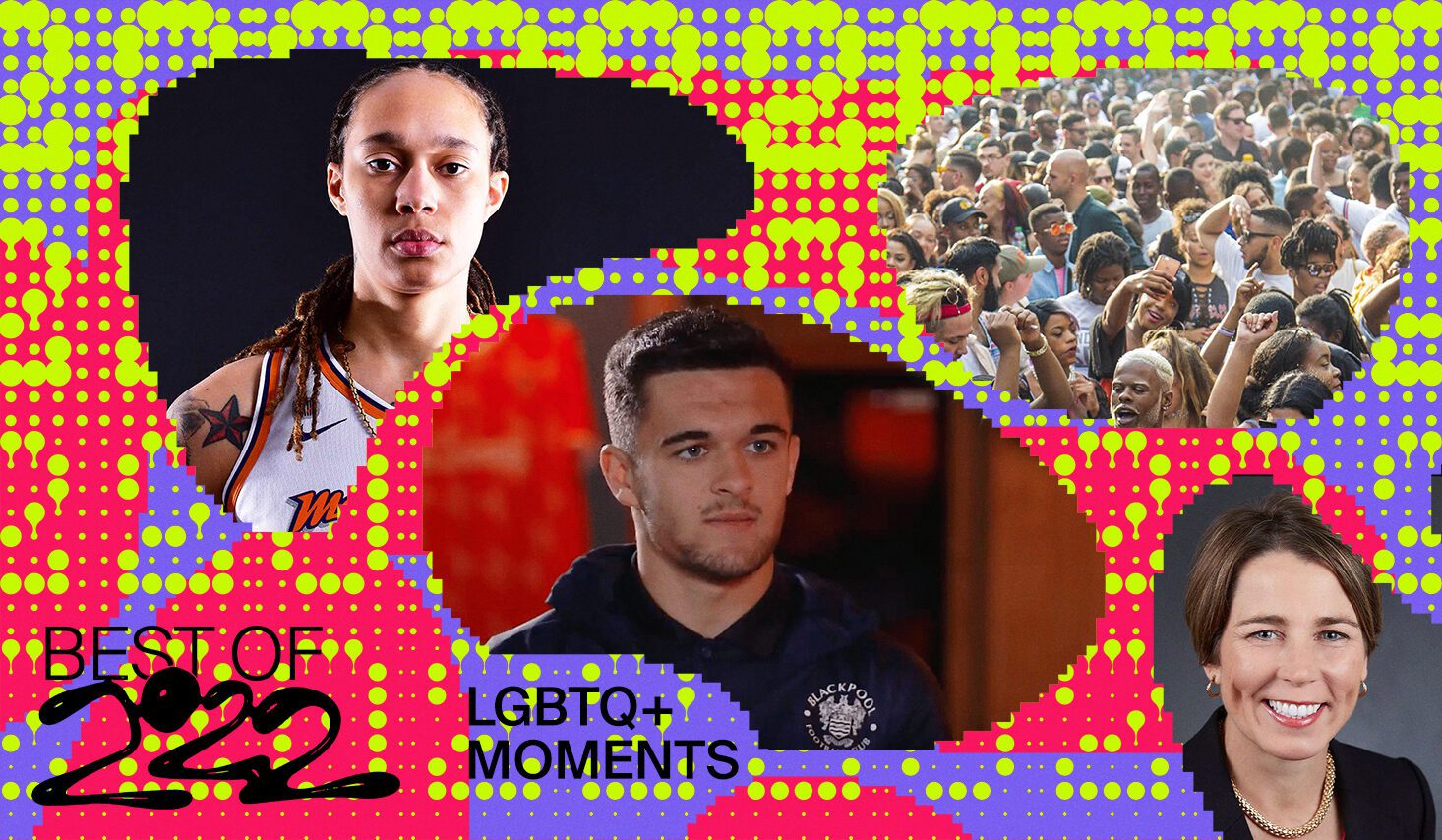
From same-sex marriage being given additional protections in the US to increasing visibility in sport, 2022 has been a significant year for LGBTQ+ people all over the world. Several countries introduced nationwide bans on so-called ‘conversion therapy’, while Pride events saw record amounts of people uniting in solidarity with the community. Here, GAY TIMES looks at 10 of the most important moments as the year draws to a close.
LGBTQ+ representation on TV reaches record highs
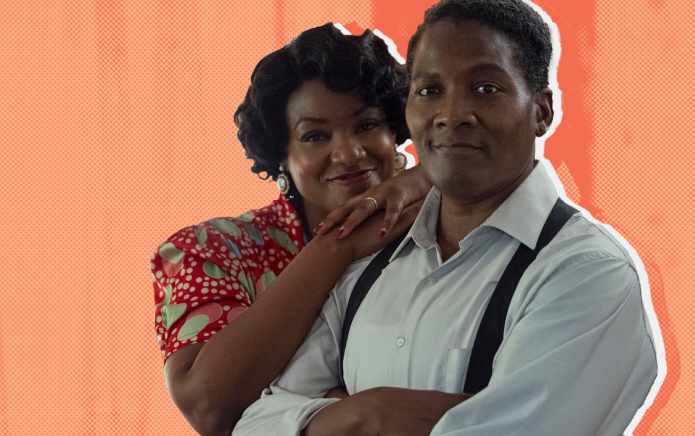
17 February
According to GLAAD’s annual ‘Where We Are on TV’ report, which was released in February, 11.9% of characters on scripted broadcast primetime programming were openly LGBTQ+ during the 2021-2022 season. This is up by 2.8% from the previous year and marks a new record for LGBTQ+ representation in series regulars on broadcast. Additionally, for the first time in the report’s 17-year history, lesbian characters made up the majority of the community’s representation. The year also saw racial diversity of LGBTQ+ characters increase on both broadcast and cable and, for a fourth year in a row, queer characters of colour outweighed white ones on broadcast. GLAAD is hopeful that these increasing levels of visibility will continue into the 2022-2023 season of television.
Jake Daniels comes out as gay
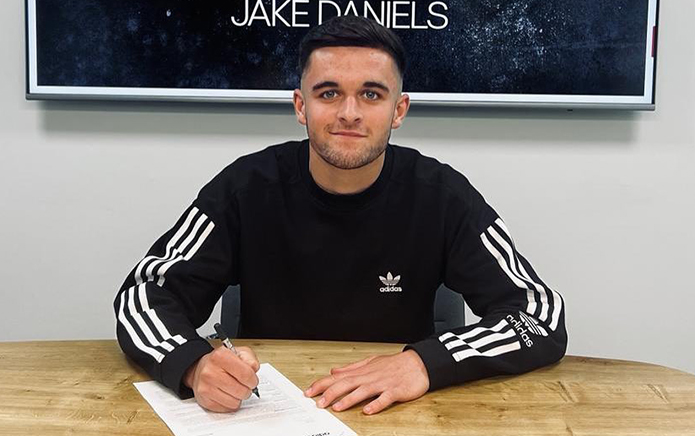
17 May
Earlier this year, Jake Daniels became the UK’s first male professional footballer to publicly come out as gay since Justin Fashanu in 1990. His bravery in sharing his authentic self in an industry with little LGBTQ+ representation is sure to be an inspiring thing for many members of the community. At the age of just 17, he has already committed himself to being a “role model” for other LGBTQ+ people wanting to come out. “I hate knowing people are in the same situation I was in,” he previously told Sky Sports News. “I think if a Premier League footballer does come out that would just be amazing. I feel like I would have done my job and inspired someone else to do that. I just want it to go up from here.”
UEFA Women’s Euro 2022
6-31 July
Discussions around LGBTQ+ inclusion in sport were at the forefront of this year’s championship, particularly given that seven of England’s Lionesses – who ultimately emerged victorious – are out and proud members of the community. As women’s football is the fastest growing women’s sport in the world, having players such as Beth Mead, Rachel Daly and Jill Scott speak openly about their identities will go a long way in inspiring young queer people to take part in sport. “It shouldn’t be frowned upon,” Mead previously told Sky Sports, discussing LGBTQ+ footballers. “It should be the norm. I think there is this hierarchy of what people expect and how the older generation see it. Everyone has their opinion but for me, it now has to be the norm and like I said, you can’t help who you fall in love with. If you are happy, that is all that matters.”
London Trans+ Pride
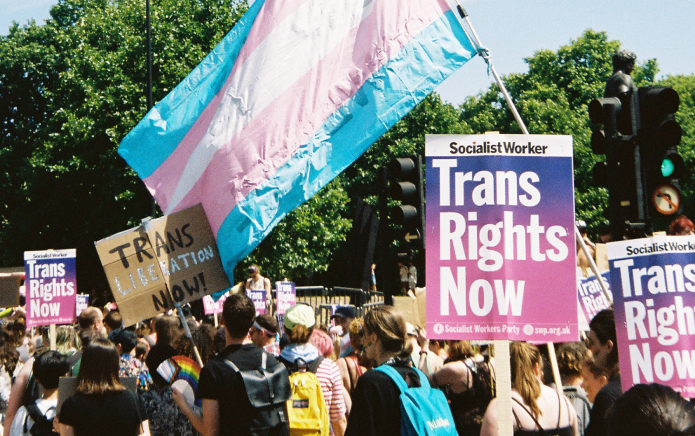
Jack Rowe for GAY TIMES
9 July
Thousands turned out to show their support for the UK’s transgender community in July this year, with Munroe Bergdorf, Yasmin Finney and Charlie Craggs among those marching in solidarity. Starting at Wellington Arch, those in attendance walked a mile to Soho Square as they defiantly chanted slogans such as “trans rights now”. Numerous activists and high profile figures, such as Nadia Whittome, the MP for Nottingham East, took to the makeshift stage at the end of the route to give empowering speeches calling for equality and awareness of trans history, among other things. Despite receiving little coverage in the media, London Trans+ Pride was hailed as its largest to date and saw all aspects of the LGBTQ+ community unite for an important cause.
UK Black Pride makes history as “largest Black Pride in the world”
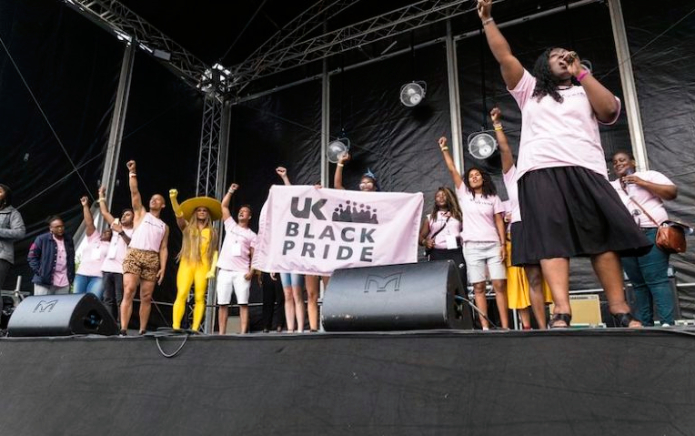
14 August
UK Black Pride hosted its biggest event to date over the summer as more than 25,000 people showed up to protest and celebrate. Held at the Queen Elizabeth Olympic Park in Stratford, London, it was the first to take place in person since 2019 after the COVID-19 pandemic resulted in 2020 and 2021’s being moved online. The day saw performances from artists such as Emeli Sandé, Sadie Sinner and Gok Wan, with Dréya Mac delivering a show-stopping headline set. Those in attendance were treated to a number of stalls from community-focused groups and organisations, such as the Terrence Higgins Trust, Tonic Housing and NHS Barts Health which was administering free monkeypox vaccinations.
Historic number of openly LGBTQ+ candidates elected in US midterms
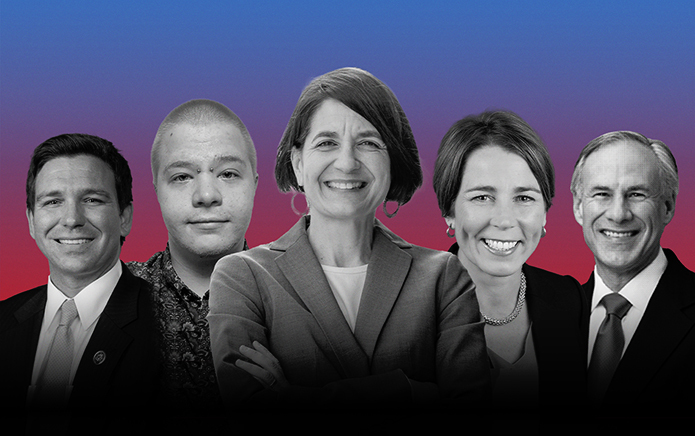
8 November
This year’s midterms elections made history for the LGBTQ+ community in a number of ways. There were 678 out candidates on the general election ballot, which is the highest number ever recorded. What’s more, at least 340 openly LGBTQ+ candidates won their races, beating the country’s prior record of 336 in 2020. Maura Healey and Tina Kotek became the first openly lesbian governors in both Massachusetts and Oregon, respectively, and, in Oregon, Erick Russell became the first Black LGBTQ+ person elected to statewide office in US history. The trans community also saw huge wins in terms of visibility, as Zooey Zephyr became the first openly trans person elected to Montana’s state legislature, while New Hampshire’s James Roesener is the first trans man ever elected to any state legislature in the US.
Brittney Griner freed from Russian prison after 294 days
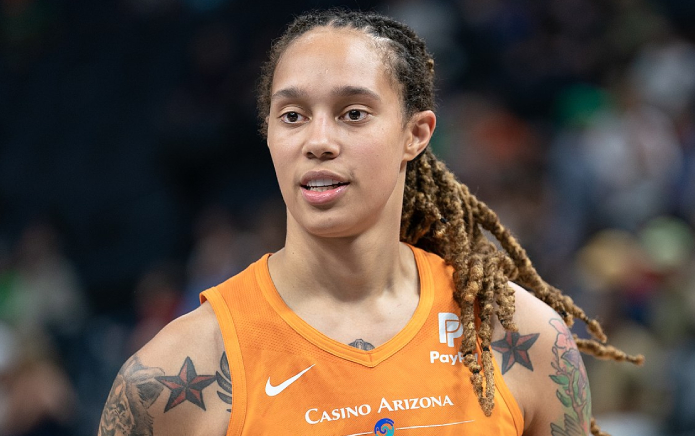
Photo by Lorie Shaull
8 December
Professional basketball player Brittney Griner spent most of this year detained in Russia after being arrested on drug charges in February. After pleading guilty in her July trial, there was international outrage when she was sentenced to nine years in prison for having vape cartridges containing cannabis oil in her luggage. When Griner was sent to a penal colony, it began to seem as though a return to the US may be off the cards for her – though President Biden was ultimately able to negotiate her release in a prisoner swap with Russian arms dealer Viktor Bout. After safely arriving home on 9 December, Griner promised to use her platform to help bring Americans in situations like hers home. “Every family deserves to be whole,” she said in a statement.
Joe Biden signs law protecting same-sex marriage in the US
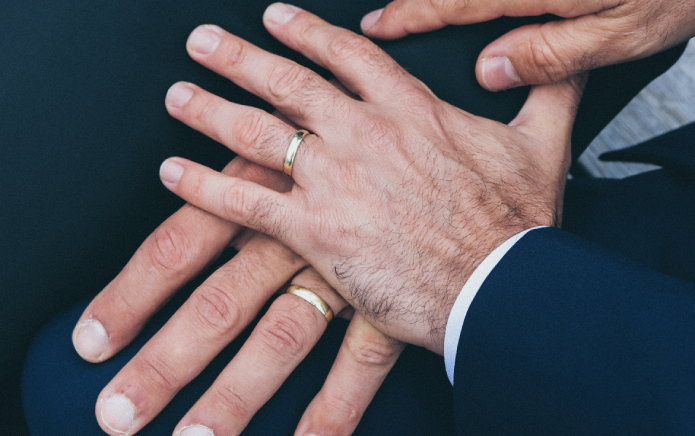
13 December
As the year came to a close, Joe Biden signed the Respect for Marriage Act, which requires all US states to recognise same-sex marriages in what he described as “a blow against hate in all its forms”. Advocates pushed Congress to enshrine protections for the right in law after its future was thrown into uncertainty when the Supreme Court overturned Roe v. Wade in June. In his opinion of the Dobbs v. Jackson Women’s Health Organization, Justice Clarence Thomas said the Court should “reconsider” decisions like Obergefell v. Hodges, which introduced marriage equality to all 50 states in 2015. The newly signed law, which also protects same-sex marriages, acts as a safeguard should this ever be overturned.
Scotland passes Gender Recognition Reform Bill
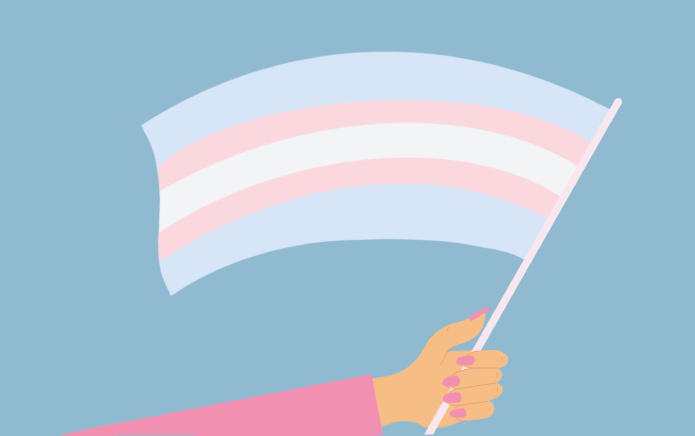
22 December
Not long before 2022 came to an end, the Scottish Parliament passed the Gender Recognition Reform Bill in what has been described as a “significant” step forward for trans rights. MSPs voted by 86 votes to 39 in favour of allowing trans people to self-identify, meaning they will no longer need to be medically diagnosed with gender dysphoria before obtaining a gender recognition certificate (GRC).In addition, trans people no longer need to prove that they’ve lived in their gender identity for two years before gaining recognition, while also dropping the minimum age of applying for the certificate from 18 to 16. Applicants are now required to make a statutory declaration that they have lived in their gender for just three months – six months for all 16 and 17-year-olds – and that they intend to permanently live in their gender.
Progress in banning so-called ‘conversion therapy’
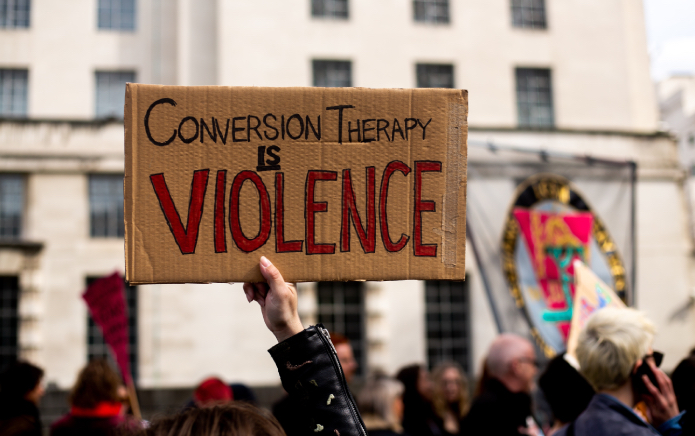
January-December
‘Conversion therapy’ is an abhorrent practice which is typically defined as any attempt to change or suppress a person’s sexuality or gender identity, often involving techniques such as electroshock therapy or prayer. It has been widely condemned by health experts and bodies all over the world, including the National Health Service and the World Health Organisation, with some comparing it to torture. As of December 2022, 22 countries have bans on the harmful practice, with the year seeing huge strides in bringing an end to it entirely. Canada, France, New Zealand and Vietnam all introduced nationwide bans that came into effect this year, while Greece introduced legislation protecting minors from it in May. Elsewhere, Israel and Switzerland banned medical professionals from conducting ‘conversion therapy’ in February and August, respectively, and, in November, diagnosis by medical professionals was banned in Paraguay.



